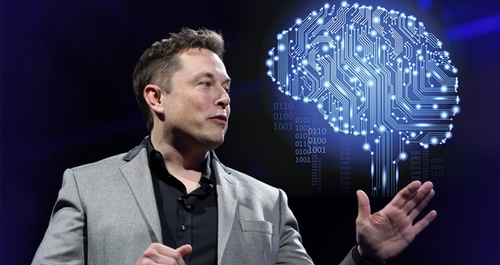นับตั้งแต่เปิดตัว Chat GPT ในเดือนพฤศจิกายน 2565 ผู้ประกอบการด้าน AI ใหม่ๆ ได้เกิดขึ้นอย่างมากมาย ซึ่งท้าทายสถานการณ์ตกต่ำของตลาดอุตสาหกรรมด้านเทคโนโลยี มีGenerative Artificial Intelligence (AI) โมเดลรูปแบบใหม่ Transformer โดยมีหัวใจสำคัญอยู่ที่กระบวนการที่เรียกว่า Self-Attention ใช้อัลกอริทึมขนาดใหญ่และซับซ้อน เช่นเดียวกับ Chat GPT ถูกพัฒนาขึ้นแทบจะทุกสัปดาห์
เมื่อวันที่ 24 กุมภาพันธ์ Meta บริษัทแม่ของ Facebook ได้เปิดตัวโมเดลที่ชื่อว่า “LLaMA” มีรายงานว่า Elon Musk มหาเศรษฐีของ Tesla และ Twitter ต้องการสร้าง AI ที่เสี่ยงด้านจริยธรรมน้อยกว่า Chat GPT
หนึ่งในผู้ประกอบการด้านเทคโนโลยีชาวอังกฤษ Ben Tossell เขียนถึง Generative AI ใหม่ๆอย่าง Ask Seneca (AI ตอบคำถามตามแนวคิดทางปรัชญา ‘สโตอิก’), Pickaxe (AI ช่วยวิเคราะห์เอกสารของ) และ Issac Editor (AI ช่วยนักวิจัยเขียนเอกสารทางวิชาการ)
ในประเทศไทย มีโครงการพัฒนาเทคโนโลยีทางภาษาแบบ ChatGPT (Large Language Model) เช่นกัน ได้แก่ OpenThaiGPT โดยการร่วมมือกันของ สมาคมผู้ประกอบการปัญญาประดิษฐ์ประเทศไทย (AIEAT) และสมาคมปัญญาประดิษฐ์ประเทศไทย (AIAT)

Investors are going nuts for ChatGPT-ish artificial intelligence Even Elon Musk wants his own AI chatbot
since chatgpt was launched in November, a new mini-industry has mushroomed that has defied the broader slump in tech. Not a week goes by without someone unveiling a “generative” artificial intelligence (ai) underpinned by “foundation” models—the large and complex algorithms that give Chatgpt and other ais like it their intelligence. On February 24th Meta, Facebook’s parent company, released amodel called LLaMA. This week it was reported that Elon Musk, the billionaire boss of Tesla and Twitter, wants to create an ai that would be less “woke” than Chatgpt. One catalogue, maintained by Ben Tossell, a British tech entrepreneur, and shared in a newsletter, has recently grown to include, among others, Ask Seneca (which answers questions based on the writings of the stoic philosopher), Pickaxe (which analyses your own documents), and Issac Editor (which helps students write academic papers).
